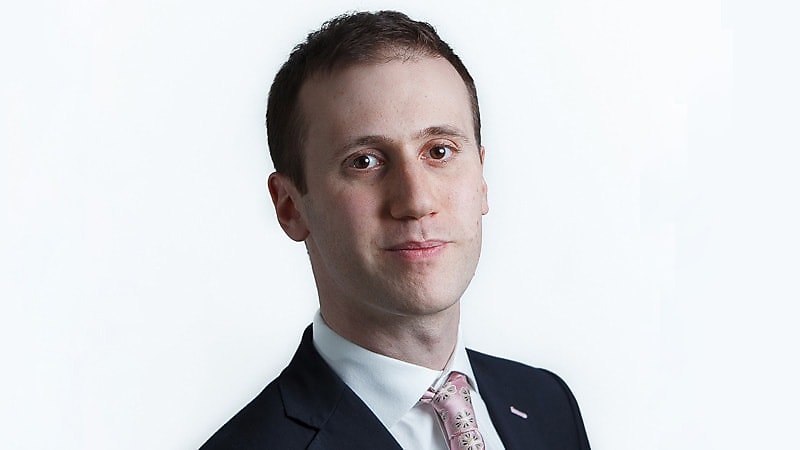$3m threshold may raise taxes upon death
SMSF clients currently below the $3 million threshold could be left paying higher taxes after a spouse dies, warns a specialist lawyer.
Last week, the government released details on how it will impose a special rate of earnings tax of 30 per cent on earnings on super balances above $3 million.
While there is currently no detail on how the measure will specifically apply to reversionary pensions, DBA Lawyers special counsel Bryce Figot said it could result in some clients paying more tax following the death of a spouse.
“Although there’s no formal increase in tax on death, it will result in some people having to pay more tax as a result of their spouse dying,” he warned in a recent DBA Lawyers webinar.
Mr Figot gave an example of a married couple, Tom and Edith, who each have $3 million in super.
Tom has an account-based pension of $1.7 million and an accumulation account of $1.3 million.
Edith similarly has an account-based pension of $1.7 million and an account-based pension of $1.3 million.
Given that neither of them have more than $3 million, neither Tom nor Edith will be impacted by the extra 15 per cent tax, explained Mr Figot.
“Now assume Tom dies and Tom’s accumulation account is paid to Edith as a lump sum and his pension reverts to Edith and Edith rolls her account-based pension back to accumulation. Edith’s total superannuation balance will now be $4.7 million,” he said.
“So, now that her husband is dead, Edith will now have to pay this new tax.”
Heffron managing director Meg Heffron has raised similar concerns with the impact of the measure on members who inherit a pension.
Ms Heffron gave an example of a member with a $2 million super balance at 30 June 2025.
During the year, the member’s wife dies and he inherits her $2 million pension, she explained. He decides to keep the pension running and leave the money in super.
“During the year his balance increases with earnings, he takes some pension payments and at the end of the year he has a total of $4.2 [million] in super.
All of a sudden, someone who never expected to be included in this measure will be,” Ms Heffron cautioned.
Ms Heffron said she hopes that the government’s formula will be sophisticated enough to adjust for the fact that the member’s $2 million inheritance should be treated as a contribution.
“Otherwise it would be included in his earnings and subject to the special extra tax,” she warned.








